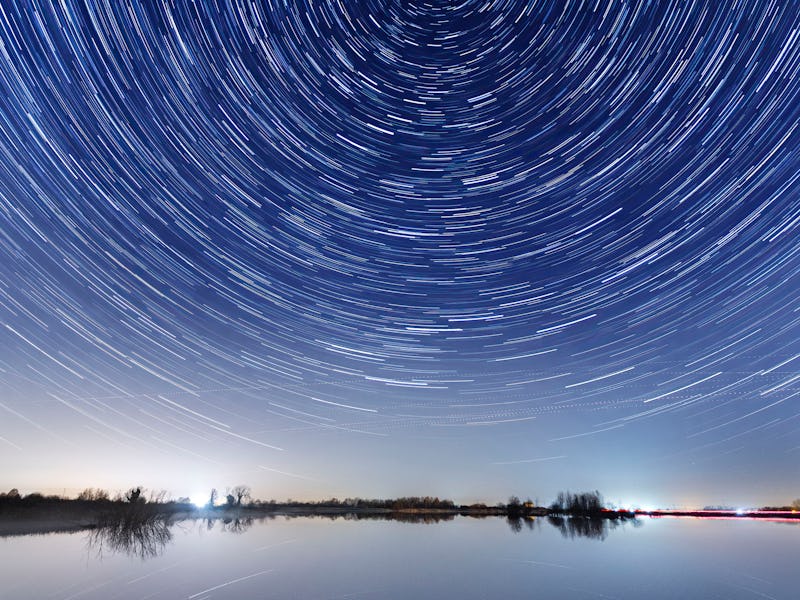Here's how scientists figured out the age of the universe
It took some cosmic detective work.

You never ask a cosmic being its age. But if that cosmic being encompasses all of space, time, and matter, you could get a little curious.
Scientists have long been curious about the age of the universe and how much time has elapsed since the Big Bang. Today, scientists estimated the age of the universe to be approximately 13.8 billion years old.
But how did scientists estimate how old the universe is, and are they sure of that number? It all comes down to ancient stars and the ever-expanding cosmos.
How do astronomers calculate the age of the universe?
To estimate the age of the universe, scientists rely on two main methods.
- Calculating the expansion rate of the universe
- Determining the ages of the oldest stars
The Hubble Constant: Since its conception, the universe has been expanding at an accelerating rate.
The universe’s expansion rate is known as the Hubble Constant, which is estimated at 46,200 mph per million light-years. The Hubble Constant was first calculated in the 1920s by American astronomer Edwin Hubble after discovering that several galaxies were moving away from Earth.
Scientists looked to distant galaxies to measure how fast the universe was expanding.
Hubble also noted that the further a galaxy was, the faster it was moving away.
Based on Hubble’s observations, the astronomer came up with Hubble’s law which showed a correlation between how far an object is and the speed at which it’s receding. Using Hubble law, scientists were able to estimate the expansion rate of the universe.
Scientists were then able to use the Hubble Constant to estimate the age of the universe by working backward, all the way back to the Big Bang. This extrapolation depends on the current density and composition of the universe, which shows the history of its expansion.
In 2012 NASA’s Wilkinson Microwave Anisotropy Probe used that data to estimate the universe's age to be 13.772 billion years old, give or take 59 million years.
A year later, The European Space Agency’s Planck spacecraft estimated the universe's age to be 13.82 billion years.
Ancestral stars: Another way to determine the age of the universe is to look to the oldest stars.
The universe can’t be younger than its oldest stars. Therefore, to narrow down the age of the universe, scientists measure the ages of the very first stars that formed in the cosmos.
The lifecycle of a star depends on its mass, with high mass stars burning fuel at a faster rate and therefore dying out faster while low mass stars can live up to 20 billion years.
Globular clusters are a dense stellar collection of around a million stars which all formed roughly around the same time. These clusters can then serve as timekeepers for the universe. By determining the masses of their stars, scientists can estimate when the globular cluster formed.
The oldest globular clusters contain stars that are 0.7 times less massive than the Sun, which suggests that they are between 11 to 18 billion years old.
What came before the Big Bang?
Scientists can trace the universe back to its explosive birth, the Big Bang.
But what happened before this theoretical birth of the cosmos?
The universe may have been a singularity, all compact within a form that is smaller than a subatomic particle. It’s difficult to imagine what caused this matter to exist, but one theory even suggests that our universe was born from another universe while another imagines a series of universes being born out of one another like a formation of bubbles.
Meanwhile, another theory suggests that the universe goes through an endless cycle of death and rebirth, born from its own demise.
How old is the universe in seconds?
If the universe is indeed cyclical, then time becomes irrelevant. But just in case you’re still attached to the modern way in which we measure the progression of life, then the age of the universe comes up to about 436,117,076,900,000,000 seconds.
This article was originally published on